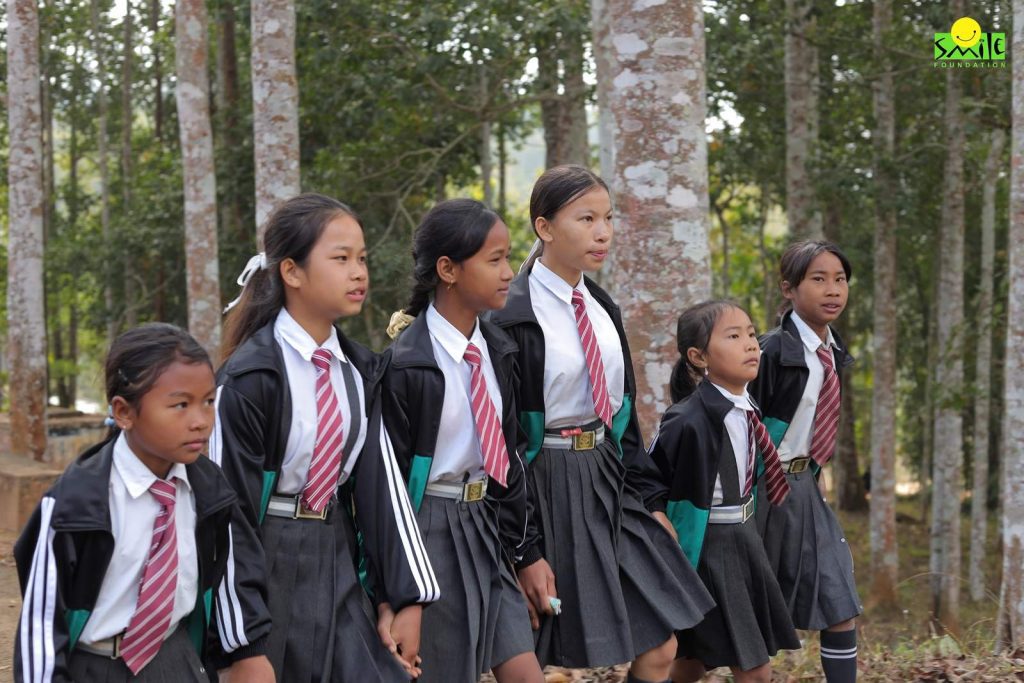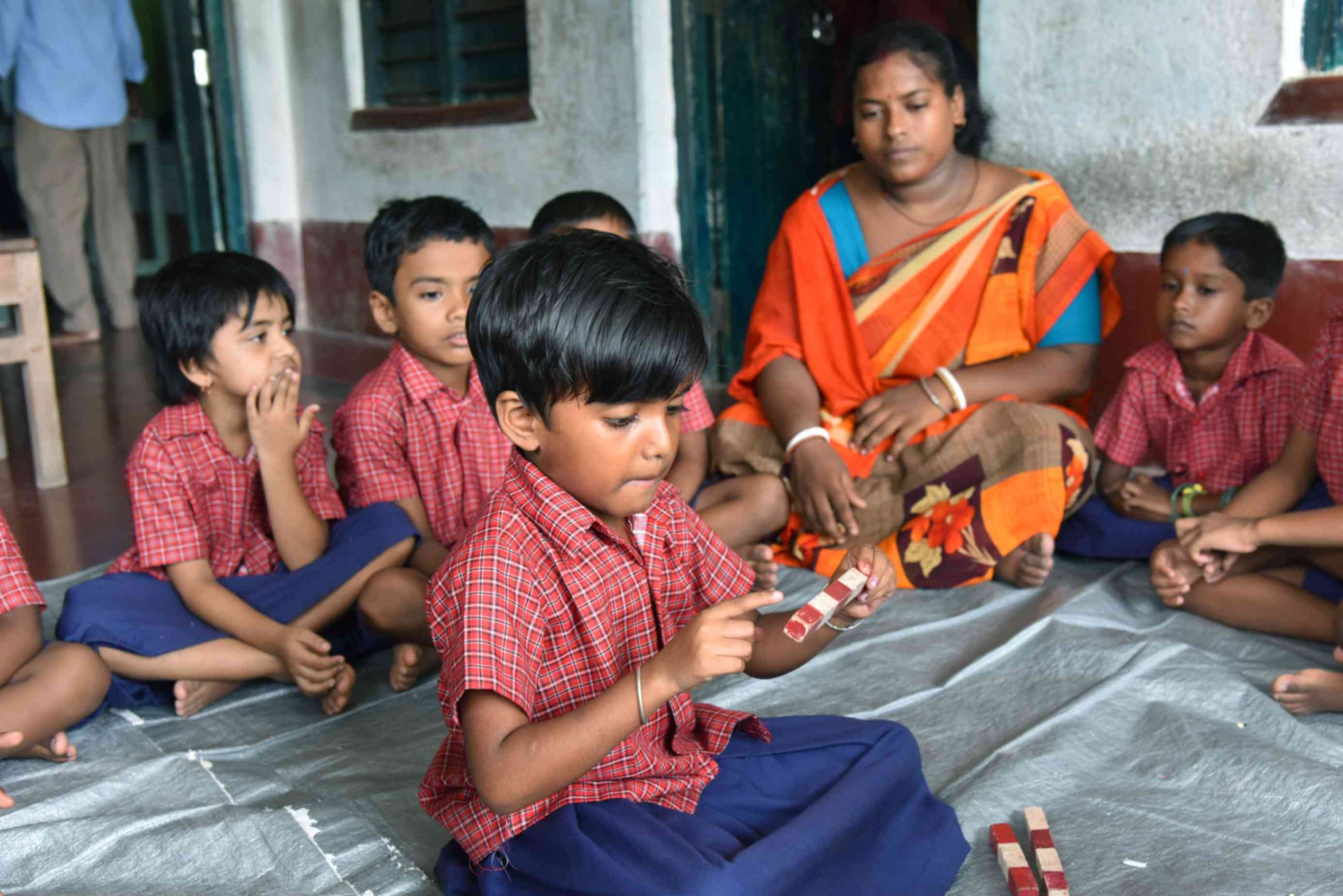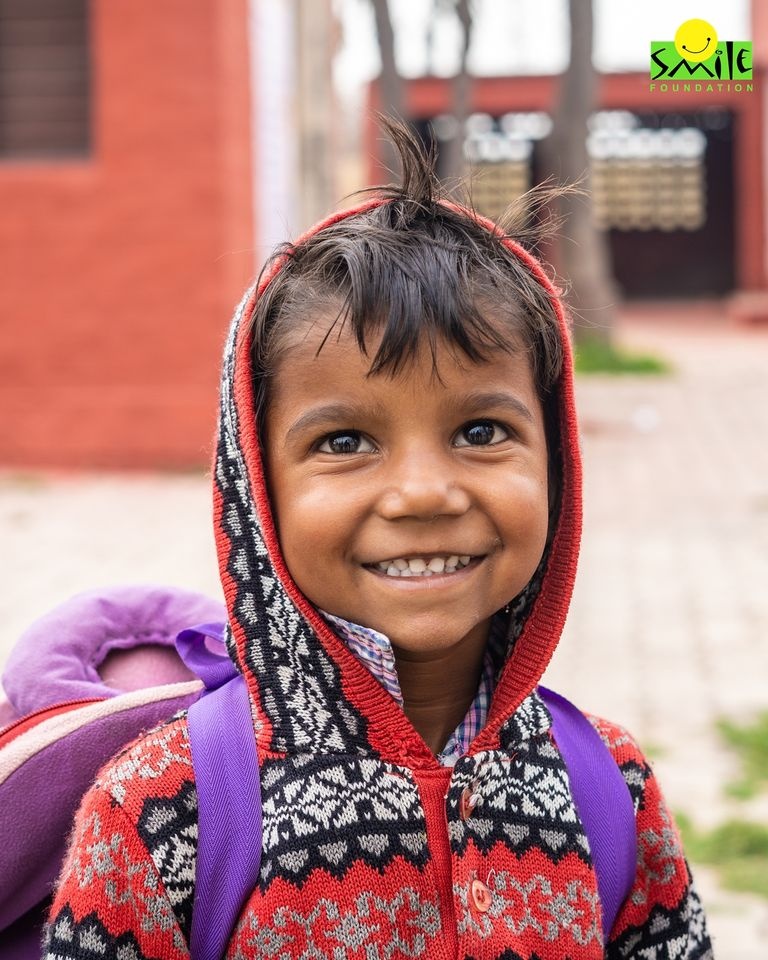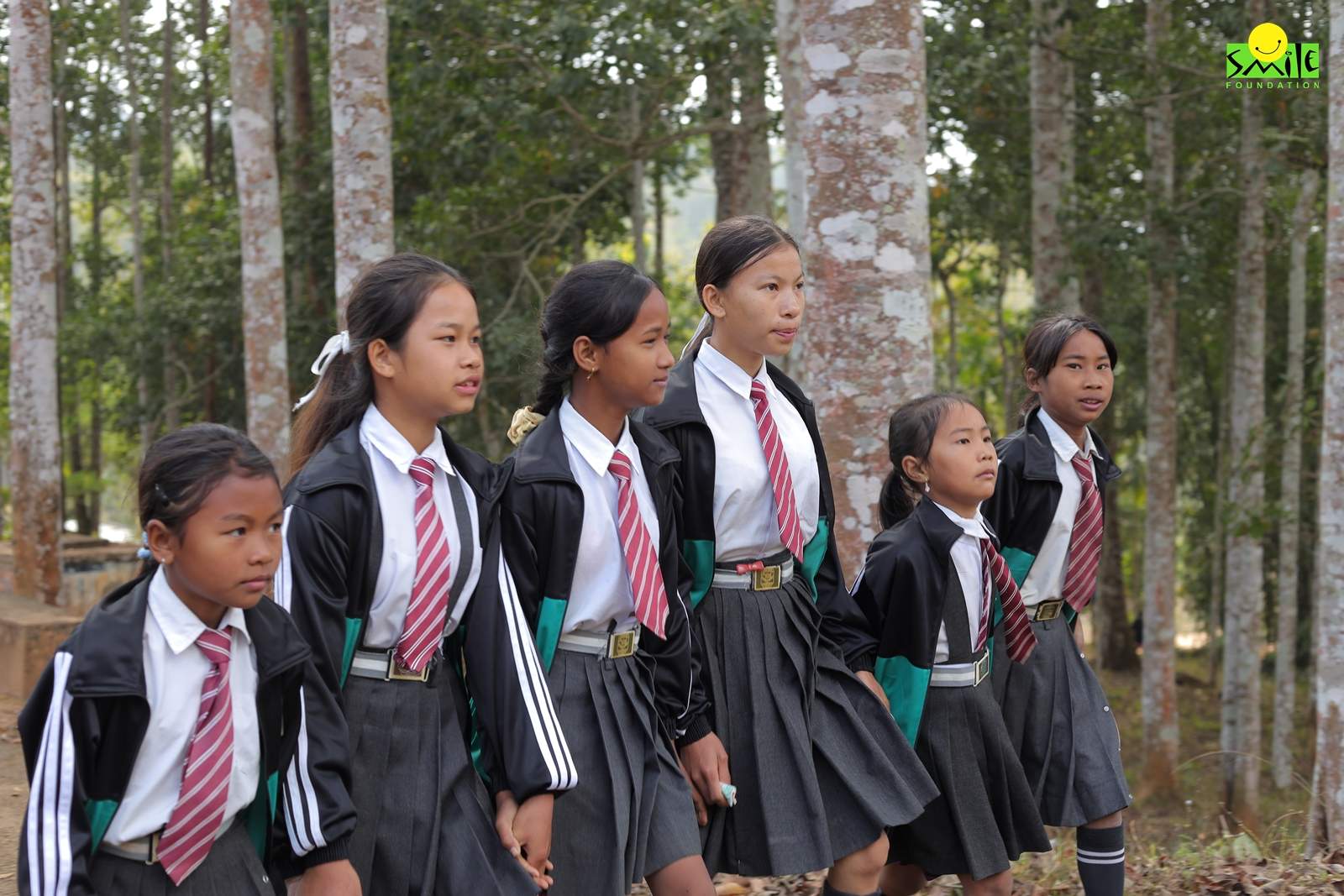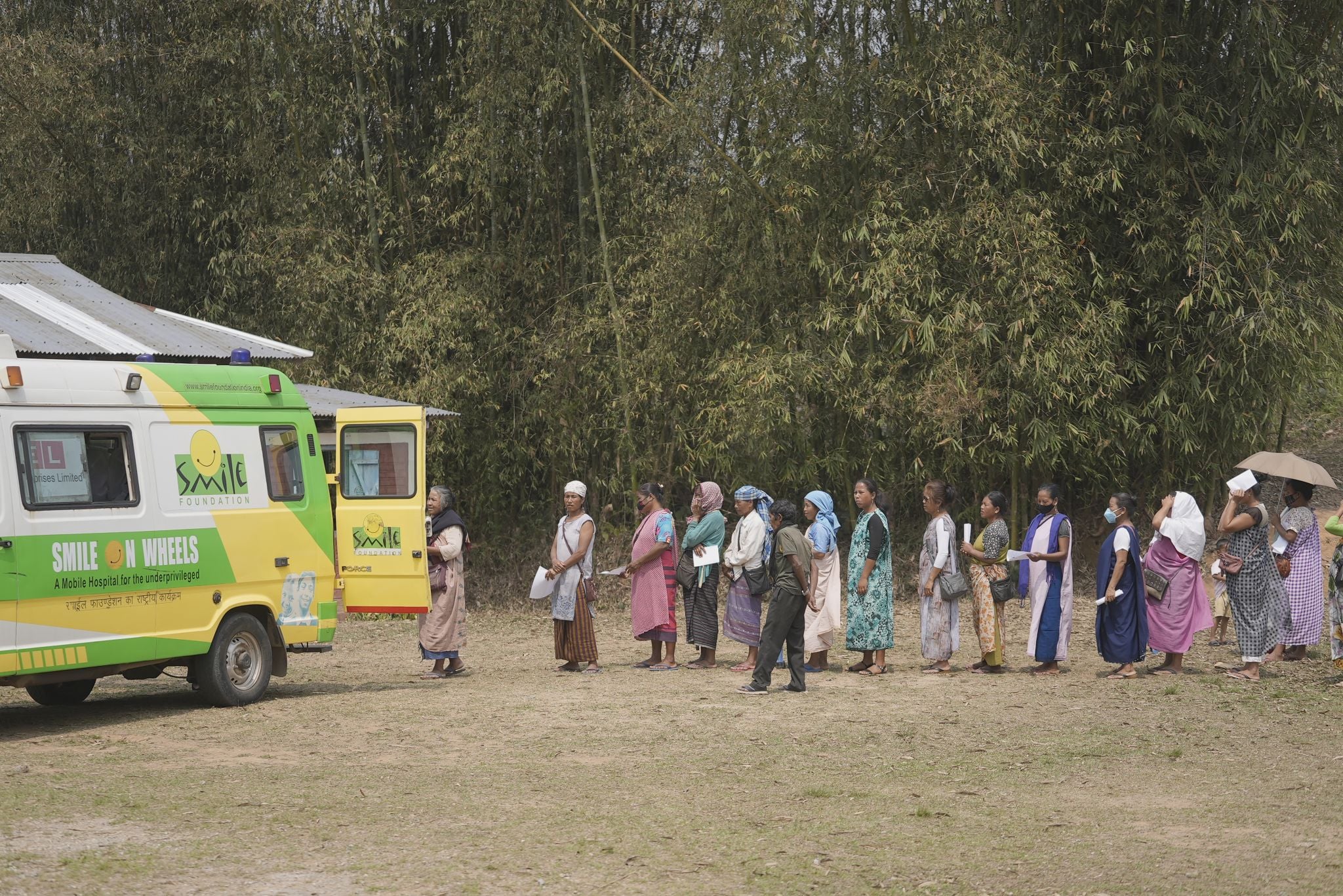India, a nation teeming with potential and promise, aspires to stand shoulder to shoulder with the developed nations of the world by 2047. However, this ambitious dream hinges on a critical factor- the quality of education for the children of India, especially in their foundational years. Despite strides in various sectors, the reality is that the majority of Indian children, especially those in public schools, face significant hurdles in accessing quality education. To pave the way for the development of India, it is imperative to address the educational disparities right from the beginning. This is where the role of Early Childhood Care and Education (ECCE) becomes paramount.
The Quandary of Quality Education in India
While metropolitan areas boast prestigious institutions, a large section of the population, especially in rural and economically disadvantaged regions, only have subpar educational facilities. This affects educational outcomes, perpetuating a cycle of inequality that undermines the progress of the nation.
The adage “the future of a nation lies in its classrooms” encapsulates the crux of India’s challenge. A significant proportion of children, primarily attending under-resourced schools, are deprived of the foundational skills that form the bedrock of a robust education. Inequitable access to quality schooling not only stifles individual potential but jeopardises the collective dream of a developed India by 2047.
Understanding Early Childhood Care and Education (ECCE)
ECCE is a holistic approach encompassing the care, education and overall development of children during their formative years, typically from birth to eight years old. This critical phase sets the stage for the future cognitive, emotional and social development of a child. ECCE involves a blend of early learning, health, nutrition and parental support to create an environment conducive to a child’s overall well-being.
The significance of ECCE lies in its power to address developmental gaps that may emerge due to socio-economic disparities. A well-designed ECCE programme can bridge the learning divide, ensuring that every child, regardless of their background, enters formal schooling with a strong foundation. However, the current state of ECCE in India is far from optimal, necessitating a paradigm shift in policy and practice.
Why ECCE Demands Urgent Attention?
- Brain Development in Early Years: Scientific research underscores the extraordinary development of the brain of a child during the early years. ECCE programmes play a pivotal role in stimulating cognitive growth, shaping the architecture of the brain and influencing future learning outcomes. Ignoring this crucial phase could perpetuate learning gaps that are challenging to overcome later in life.
- Social and Emotional Learning: ECCE extends beyond academics to foster social and emotional intelligence. Children exposed to a nurturing environment during their early years exhibit enhanced social skills, emotional resilience and adaptability– qualities integral for success in a rapidly evolving world.
- Addressing Socio-Economic Disparities: ECCE has the potential to level the playing field for children from diverse socio-economic backgrounds. By ensuring universal access to quality early education, India can break the chain of intergenerational poverty, creating a more equitable society.
- Long-Term Economic Impact: Investments in ECCE yield long-term economic dividends. A well-educated and skilled workforce contributes to higher productivity, innovation and overall economic growth. ECCE, therefore, is not just a social imperative but a strategic economic investment.
Integrating Government Initiatives for Enhanced Impact of Early Childhood Care and Education (ECCE)
While discussing the transformative potential of Early Childhood Care and Education (ECCE), it is crucial to acknowledge recent governmental initiatives that align with the mission to fortify the educational foundation of young learners in India. Union Education Ministry, in a groundbreaking move, recently launched 52 short textbooks in Indian non-scheduled languages, including tribal languages, designed explicitly for early childhood care and education. The essence of this initiative is to provide young learners with access to education in their mother tongue, fostering a deeper understanding, a lifelong love for learning and a strong connection to indigenous culture.
Pradhan emphasised that these primers, serving as introductions to various subjects, are poised to be a “transformational step” for early childhood education. Developed by the National Council of Educational Research and Training (NCERT) in collaboration with the Central Institute of Indian Languages, Mysuru, these primers cover languages not officially recognised, contributing to a more inclusive educational landscape. The ministry highlighted that this initiative aligns seamlessly with the National Education Policy (NEP)– 2020, reflecting the commitment of the government to promoting Indian languages across all education levels.
The announcement did not stop at the primers. It included unveiling a series of initiatives aimed at empowering teachers and learners, ushering in a new era of inclusive, innovative and equitable education. The introduction of the District Institute of Education & Training (DIET) of Excellence and the National Professional Standard for Teachers underscores the commitment to enhance the quality of education at the grassroots level. Financial assistance is pledged to upgrade DIETs across states and Union Territories, with the goal of developing them into centers of excellence in the next five years.
Additionally, the integration of National Vidya Samiksha Kendra with state counterparts and the launch of 200 TV DTH channels further exemplify the dedication of the government to creating a seamless and futuristic learning landscape. This holistic approach, spanning from foundational primers to advanced teacher training and state-of-the-art learning resources, is poised to bring about a “civilisational renaissance” in the field of education, as stated by Ministry.
India: A Developed Nation by 2047
The emphasis on education in mother tongues aligns with the principle that early education is not just about acquiring knowledge. It is about fostering a love for learning deeply rooted in one’s cultural context. By integrating these efforts, India takes a significant stride toward realising the vision of NEP– 2020. This will ensure that the benefits of a holistic and culturally resonant education reach every corner of the nation.
In conclusion, the realisation of India’s dream to become a developed nation by 2047 is not a far fetched one. Smile Foundation through its programme Mission Education (ME) is making efforts to make more and more children of India educated. We want both equality and equity to not remain distant dreams for any child, irrespective of their socio-economic status.



